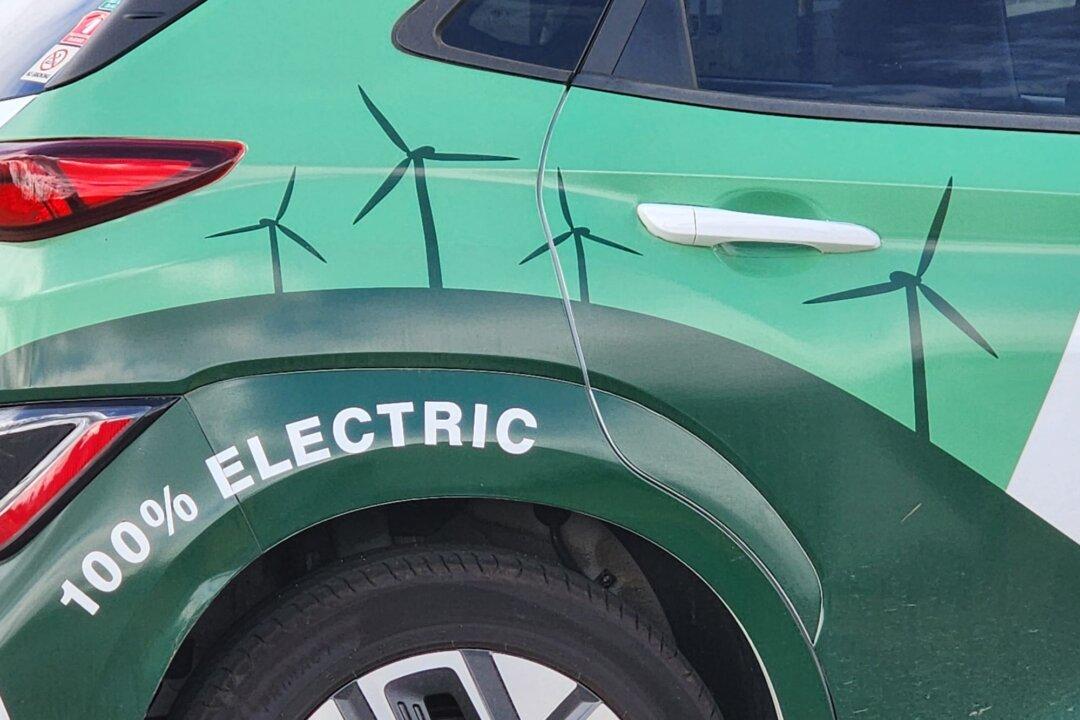Insurance Australia Group (IAG) will transition its fleet of more than 900 vehicles to electric and hybrid models by the end of the 2030 financial year.
The multinational insurance company, listed on the Australian Stock Exchange (ASX), is aiming to become a net zero insurer by 2050.





